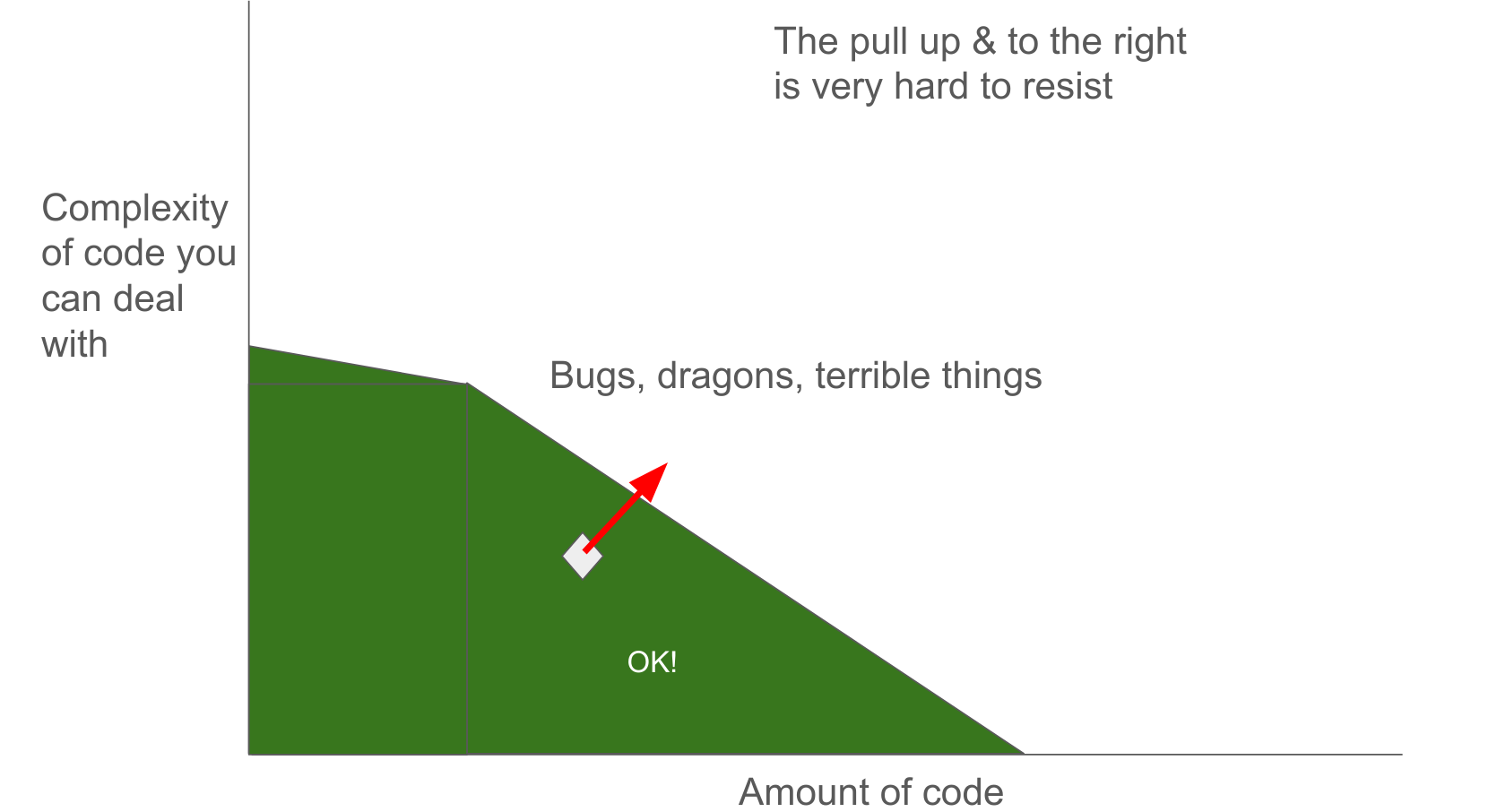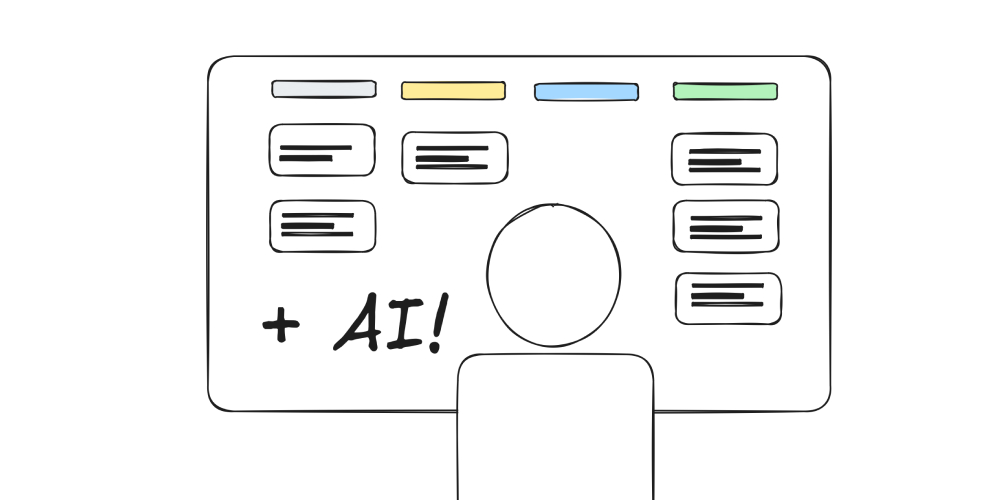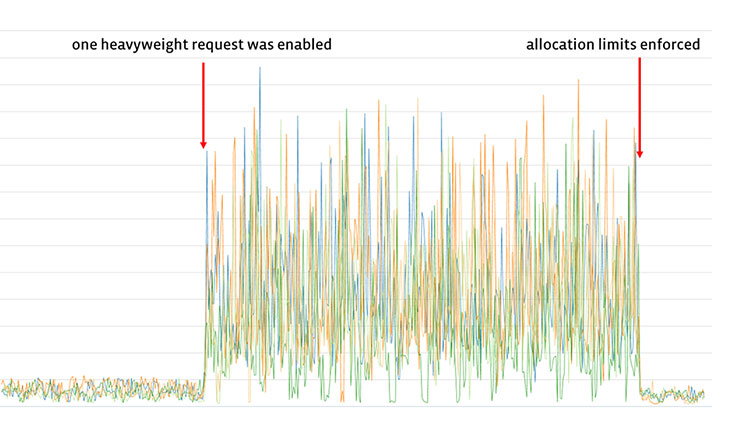Hoarder: A Self-Hostable Bookmark Manager Powered by AI
Hoarder is a self-hostable bookmarking app that goes beyond simple link saving. It allows you to store links, notes, and images, and uses AI for automatic tagging and full-text search, supporting local models like ollama. Features include OCR, Chrome/Firefox extensions, iOS/Android apps, RSS feed support, a REST API, and full-page archiving to combat link rot. Designed for users who need a better way to manage and retrieve information across multiple platforms, Hoarder is under active development but a demo is available.












